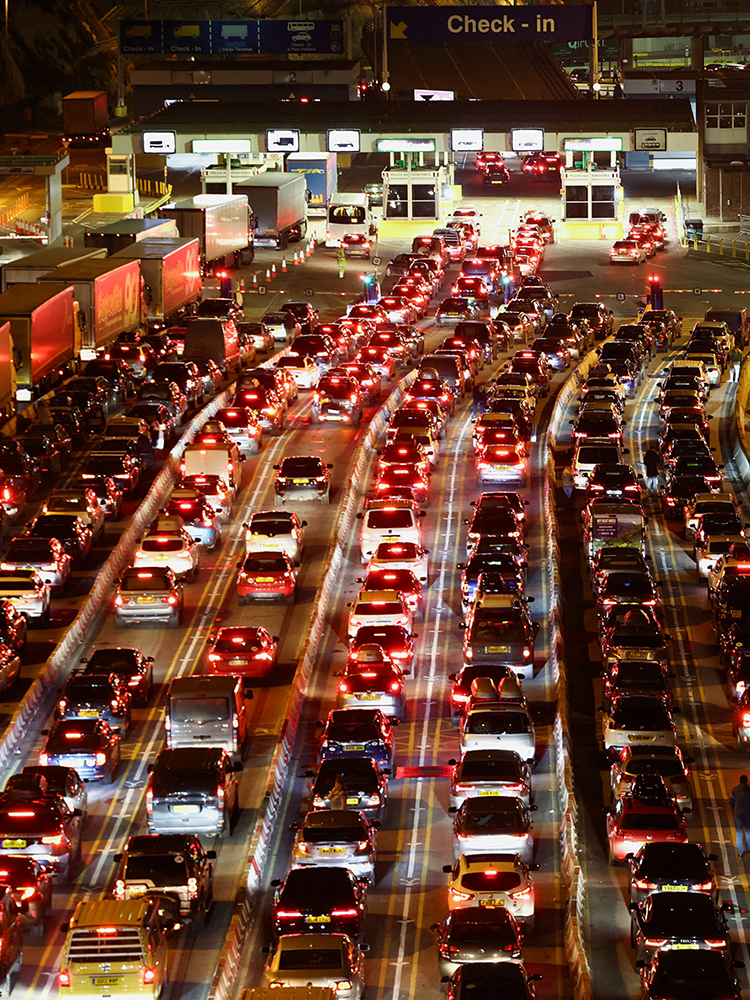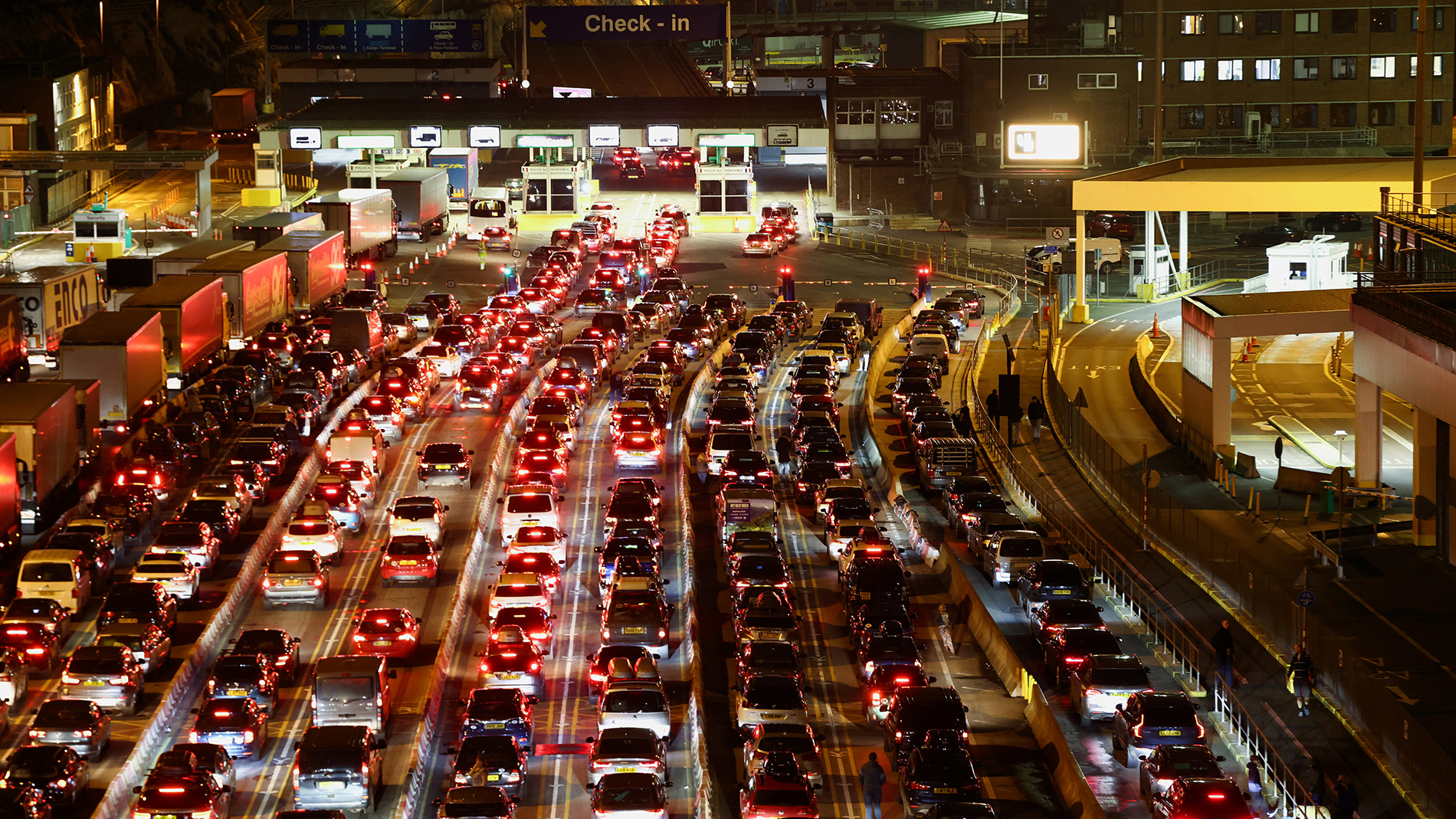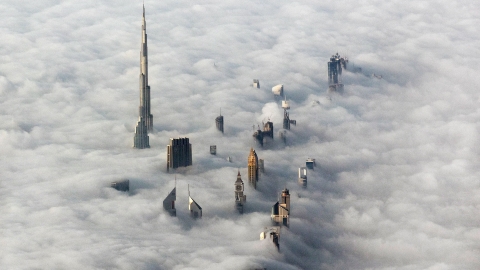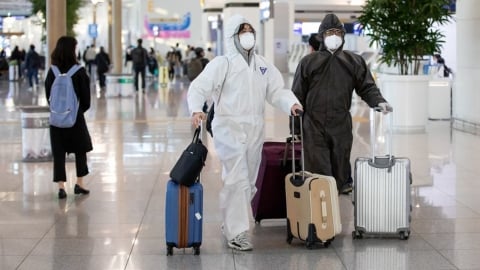SCENIC "MASSIVE ESCAPE" CAUSES CONGESTION AT THE BRITAIN-FRANCE BORDER
The Alpha variant, with a infectivity 30-40 times higher than the original strain, emerged in Kent in September 2020 and triggered the second wave of Covid-19 in the UK. Despite containment measures, Alpha became a widespread threat across Europe by late winter 2020 (similar to the emergence of the current Omicron variant) before the emergence of the Delta variant from spring 2021.
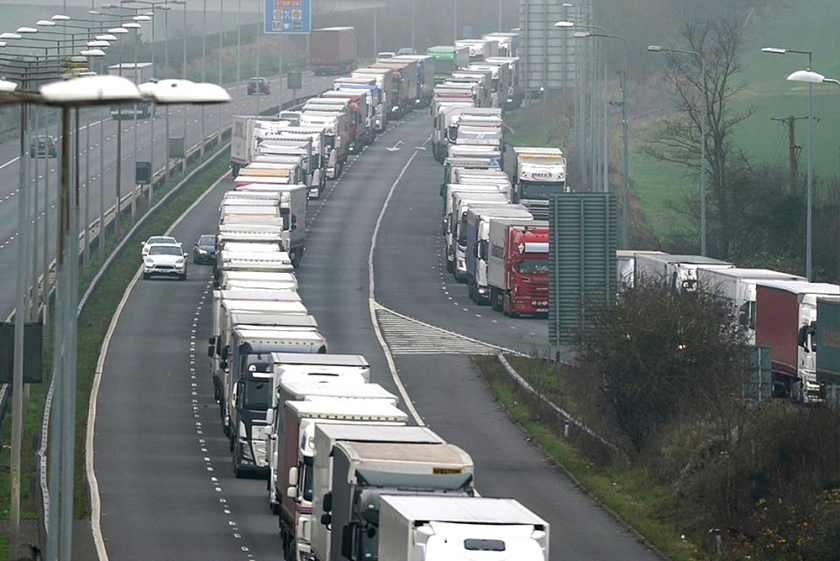
Trucks carrying goods stretched for hours in front of the entrance to Dover port in Kent, UK, in an effort to "race against time" to get to France before the "ban" deadline, which was set to take effect at midnight on December 17th.
During the final weekend before Christmas, France reimposed a lockdown on most visitors from the United Kingdom, starting after midnight on Friday, December 17th, to curb the spread of the new Omicron variant. Prior to this, the UK had recorded 78,610 new Covid-19 cases on December 15th. Experts predict that the infection rate will increase further because the Omicron "threat" is believed to spread much faster than the currently dominant Delta variant.
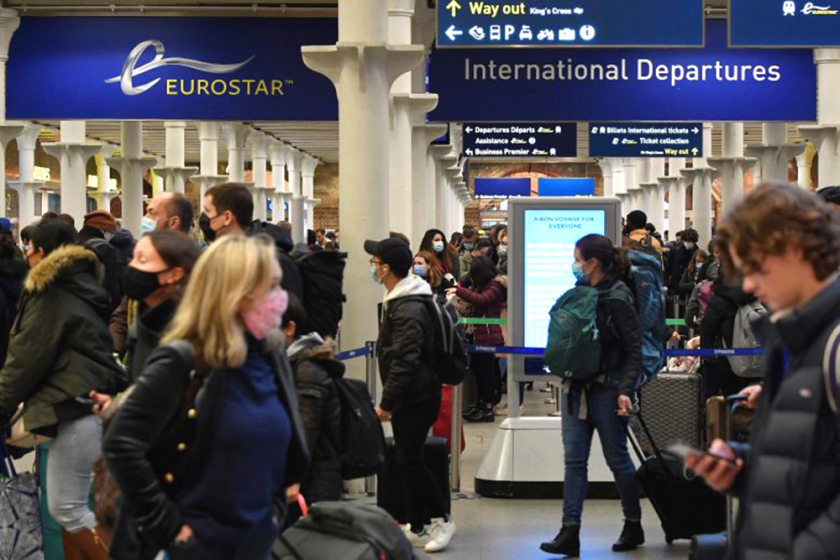
Tourists line up to board the Eurostar train at St Pancras International Station in England before the French "ban" takes effect at midnight on December 17.
According to the new regulations, from midnight on December 18th, travelers from the UK must demonstrate a “compelling reason” for entering France and must also provide proof of a negative test result taken within 24 hours before departure, regardless of their vaccination status. Tourism is not considered a “compelling reason,” but these new rules do not apply to French citizens and their spouses or children.
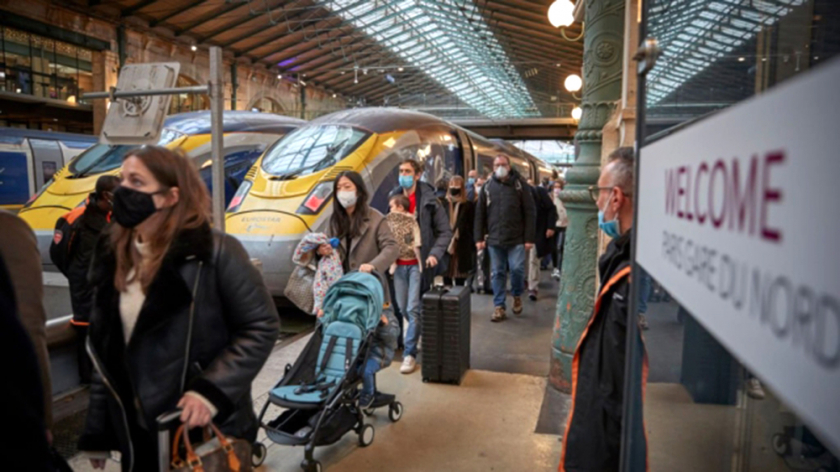
The tourists who managed to travel from England to France by Eurostar train arrived at Paris Gare du Nord station on December 17th.
Following the announcement of new restrictions by France, flights, trains, and ferries to France sold out within hours on December 17th. Bookings surged on both the Eurostar (London-Paris high-speed train) and the Cross-Channel ferry. Cirium, an aviation data and analytics firm, reported that 540 flights had been scheduled between the UK and France prior to Christmas.
According to estimates by the UK-based car service provider RAC, there will be approximately 27 million road trips between December 17th and Christmas Eve, averaging 4.1 million trips per day next week and peaking at 5.3 million trips on Christmas Eve.
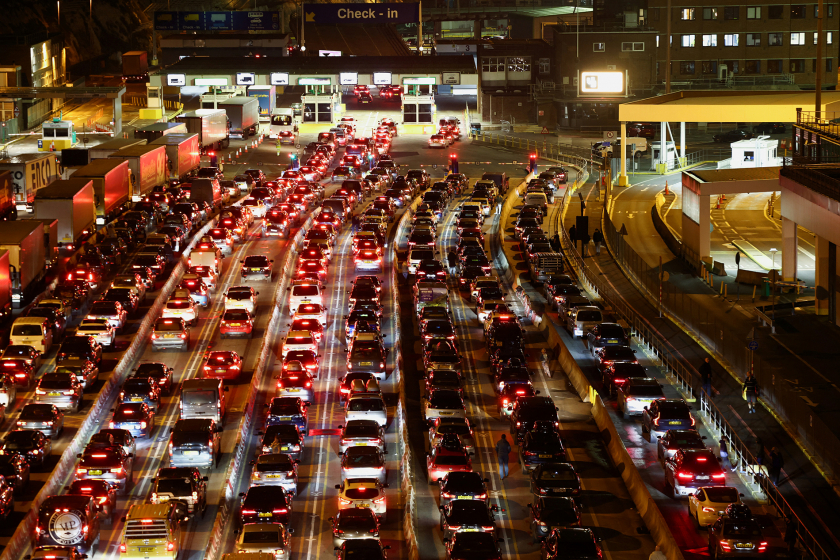
Vehicles remained lined up in long queues on the evening of December 17th at the entrance to the British port of Dover, ahead of the deadline for the French "ban" to take effect.
This move by France led to what the press described as a "Grand Escape" or "Le Grand stampede" ("the great exodus") at midnight. This involved severe congestion at the UK-France border crossings, mirroring the "Alpha wave" effect of 2020. This time, thousands of trucks carrying goods and cars carrying British tourists lined up for hours, trying to get to France before the deadline for the new restrictions came into effect.
A REPEATING "ALPHA WAVE" SITUATION IN EUROPE
Following France, Germany also announced on December 18th stricter restrictions on "non-essential" travel for most visitors from the UK, effective from midnight on Sunday, December 19th. Accordingly, those arriving from the UK will need to present a negative Covid-19 test result and comply with a 14-day quarantine regardless of their vaccination status. Only German citizens and residents, along with their spouses or children, and transit passengers will be allowed to enter Germany from the UK.
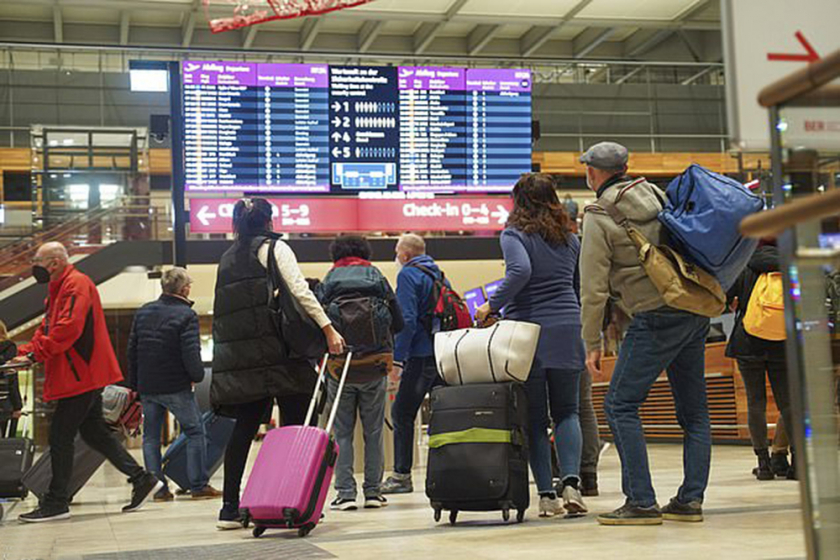
Tourists from the UK arrived at Berlin airport on December 18th.
Following revisions to travel regulations by Italy, Portugal, and Ireland, Belgium and the Netherlands have also taken similar steps in preparation for further changes. Several other European countries are also planning to implement similar measures this week.
Despite last week's assertion by the European Centre for Disease Prevention and Control (ECDC) that restrictions would make little difference, Europe is facing another quiet winter. This means that many European countries are likely to have to shut down again to curb the spread of the new Omicron variant.
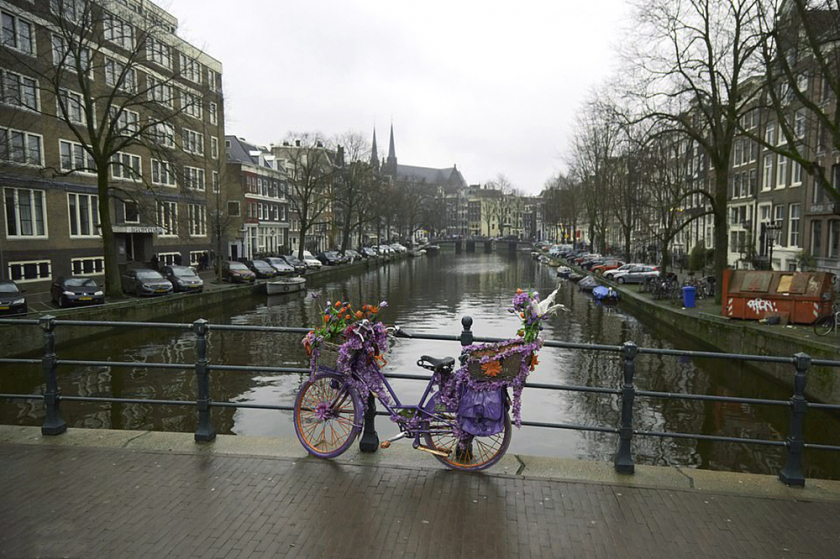
The capital Amsterdam was deserted on December 20th, after the Netherlands began the first day of a new nationwide lockdown, expected to last at least until January 14th, 2022.
Disappointment has been widely expressed by British tourists on social media.For the second year in a row, Germany has restricted visitors from the UK, meaning our Christmas and New Year 2022 plans have been ruined.- mA British man with family in Germany wrote on Twitter.

 VI
VI EN
EN



